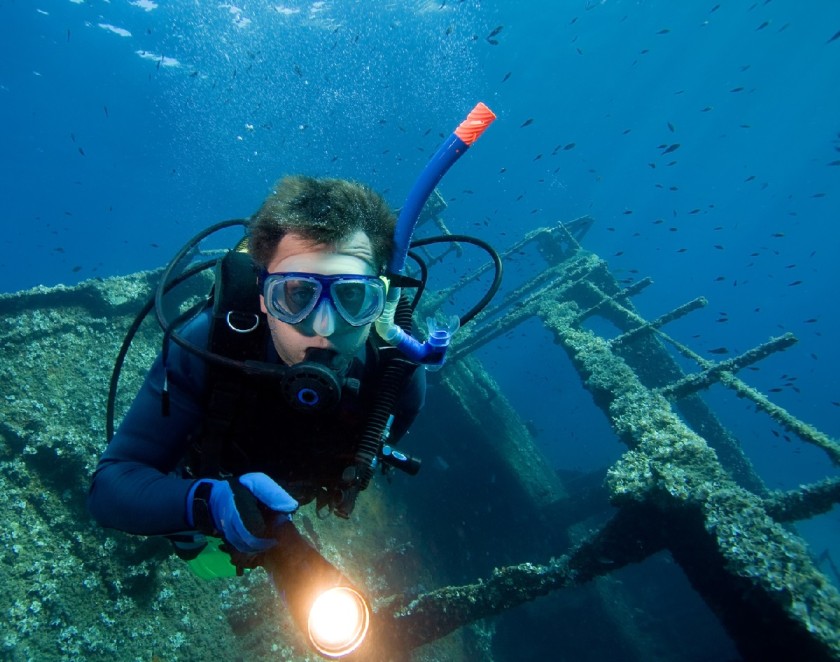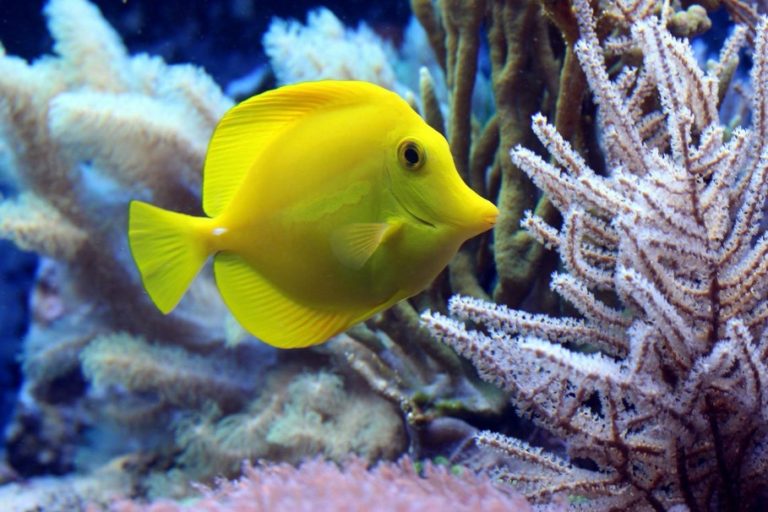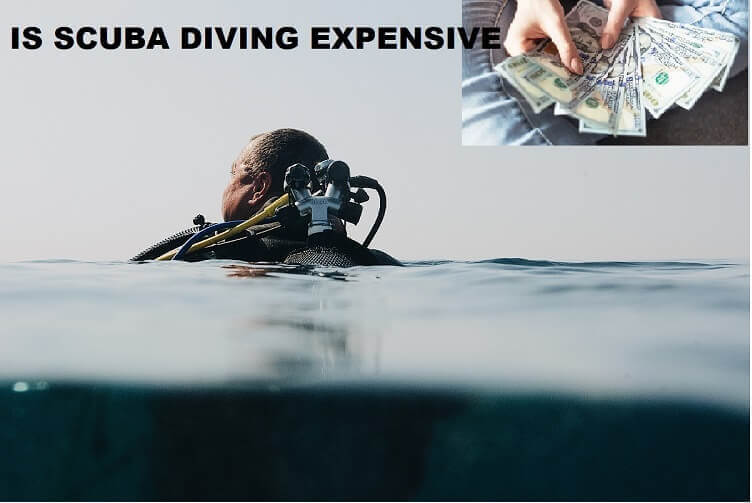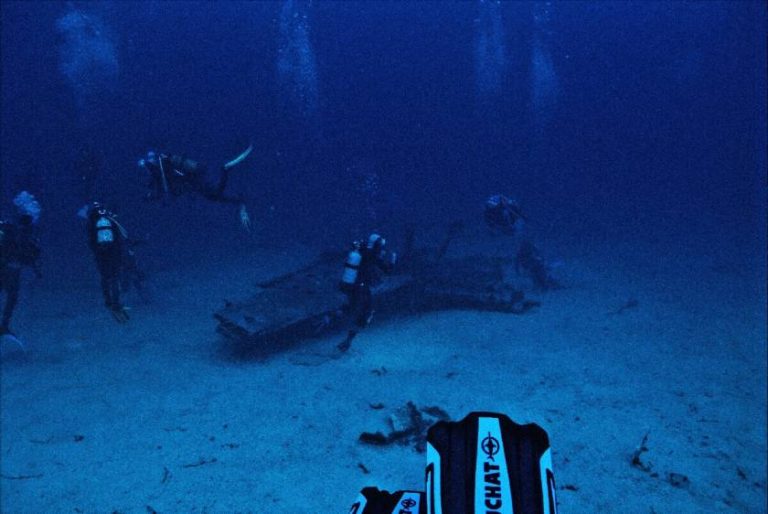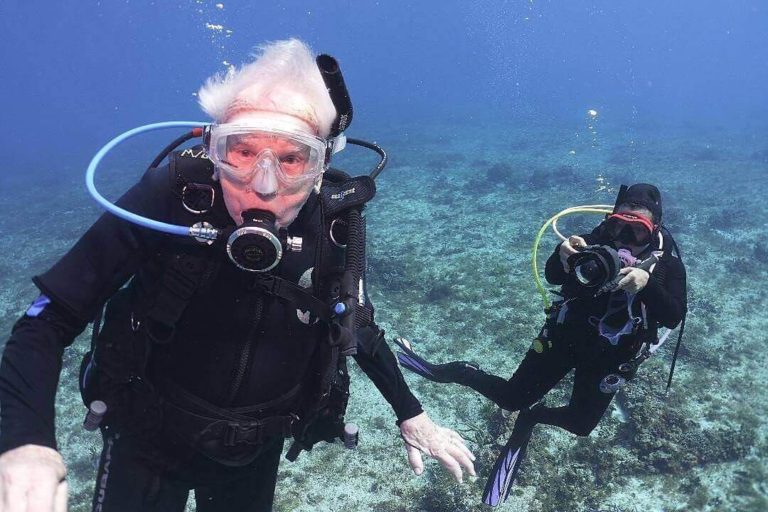Can You Scuba Dive If You Are Overweight
Scuba diving a popular water activity all over the world continues to capture the interest of many. More people are interested in learning and participating in the sport from the young to the old. If you are overweight or obese you may wonder can you scuba dive if you are overweight.
You can scuba dive if you are overweight but you must consult a diving doctor first to access your fitness levels. On the other hand, an obese individual can’t scuba dive due to various health and fitness complications.
With changes in lifestyle, technology, and nature of work many people do continue contributing to obesity and overweight. According to the CDC, obesity prevalence continues to rise each year. In 2020 there was a 4.5% increase in obesity cases.
Body Mass Index (BMI) is used to calculate whether an individual is underweight, normal, overweight, or obese. A BMI over 25 indicates that an individual is overweight while a BMI reading of over 30 is considered obese.
While an overweight reading doesn’t indicate your level of physical fitness, it’s important to have a doctor’s checkup before taking scuba diving lessons or going scuba diving.
Individuals who are obese are naturally at a higher risk of developing other lifestyle diseases such as stroke, heart attack, and diabetes among others. An individual in this category has challenges performing everyday activities on their own and need some sort of assistance. For this reason, it is very risky for an obese person to engage in scuba diving.
In this article, we’ll look into scuba diving and overweight or obesity. What risks are involved is it possible for individuals in these categories to go scuba diving and so much more.
Just keep reading to learn more!
5 Ways To Make Your Divers Buoyancy Experts – https://t.co/TDRttRcOa2 #scuba #diving #dive @PADI @projectaware #bouyancy #expert #environment #divers #scubadiving #saveouroceans pic.twitter.com/L4TihZKuk3
— Become A Dive Instructor (@BecomeADiveINST) March 7, 2020
What Is The Weight Limit In Scuba Diving?
There is no weight limit in scuba diving. What matters the most is your level of fitness both physical and physiological.
Scuba diving is widely considered a lazy sport since the diver is weightless while in water. The gear and weights help divers achieve neutral buoyancy allowing them to float underwater.
While this is true, a diver needs to kick to help move around while diving. Without physical fitness, it will be a challenge for the diver to move around or enjoy the dive.
In addition, divers need to be physiologically fit during the dive. Good cardiovascular fitness and health are important. In case a diver gets a cardiac arrest while diving, it is very easy to drown or die. Such a case also raises the risk of developing decompression sickness.
A good and healthy respiratory system is also important. Divers rely on air in their cylinder which is supplied through the mouth through a regulator. If a diver has challenges in their respiratory system such as mucus congestion, then breathing in the air can be challenging.
In some scenarios, you may find that an obese person has difficulty breathing even after a small task. This will be even harder if they went scuba diving in their state.
Outside of the water, divers need to have a level of physical fitness to carry the gear and equipment. The dive site won’t always be easily accessible and you may need to walk to get there.
Scuba diving air tanks can be quite heavy to carry. When you add in the BCD, fins, weights, and the exhaustion after a dive the weight can be too much, especially if the diver isn’t fit.
Can You Scuba Dive If You Are Overweight?
The answer to this question is Yes and No.
Depending on your fitness level a diving doctor can clear you for scuba diving or not.
As mentioned earlier, BMI readings don’t necessarily indicate your fitness level. One individual can be on the higher end of the overweight BMI reading(27 -29) but they are physically active and fit to engage in many sports.
On the other hand, another overweight individual on the lower side of the reading (25-26) may be experiencing difficulties performing the simplest everyday tasks.
Depending on their fitness levels, overweight individuals can or cannot go scuba diving.
If one isn’t very active then there is a higher risk of crossing over to the obese levels. Lack of activity also increases the risks of cardiovascular diseases, stroke, and diabetes among other diseases.
If you are overweight and considering taking scuba diving as a hobby, it’s important to first get a medical exam. This will help access the risks involved and also get suggestions on what to do to improve your fitness.
Can You Scuba Dive If You Are Obese?
NO, obese individuals should refrain from scuba diving as there are many risks involved.
In most scenarios, an obese individual has a lot of fat deposits in different body parts, especially around the stomach, legs, and arms.
Other fat deposits are on internal organs not visible to the eye such as the heart. This comes with many health risks such as the increased risk of cardiovascular diseases, heart attacks, and strokes among others.
With a lot of fat deposits all over the body, performing simple tasks becomes a challenge and individuals must rely on others.
Looking at this from a scuba diving angle, the individual will have a lot of challenges carrying their diving gear and equipment.
In addition, the cardiovascular risks associated with obesity make it difficult to go scuba diving. The diver has a very high risk of getting a heart attack while underwater.
The obese diver requires more air compared to the average diver due to their body size. Adding an extra air cylinder means more weight added for the diver to carry which makes it more strenuous.
Moreover, the diver will experience a lot of challenges trying to move forward. Lack of physical fitness and the fat deposits around the thighs and legs prevent the kicking motion required.
Since it’s rare to find an obese diver, finding gear that fits perfectly becomes challenging. This has to be custom-made to fit the divers’ size and comfort.
Is Scuba Diving A Good Way to Lose Weight
No, scuba diving isn’t a good way to lose weight especially if you are overweight or obese.
As mentioned earlier only little energy is used while scuba diving. Many scuba divers have workout routines that help them in staying physically fit. These can be simple exercises such as walking, yoga, pilates, aerobics, or strength training at a gym.
In this article, I discussed how many calories divers burn while scuba diving. Click on the link to learn more.
Generally, you shouldn’t depend on scuba diving alone to lose weight. This has to be paired with other forms of activities and a healthy diet plan.
On the bright side, scuba diving is a perfect way to relax while burning some calories and enjoying beautiful underwater views.
Going scuba diving after excising would be a perfect way to relax the body and mind.
What Are the Dangers of Scuba Diving While Overweight/Obese
An overweight or obese individual is faced with various risk factors in scuba diving.
In addition to those mentioned above, there is ian ncreased risk of developing decompression sickness, difficulty achieving neutral buoyancy underwater, and air consumption challenges.
READ MORE: When Scuba Diving What Are the Bends?
Decompression Sickness
Overweight and obese individuals have a higher fat deposited all over the body. While some may see this as an advantage to help insulate you while diving, this is not the case.
Humans have adapted to living on land not underwater meaning the fat layer wouldn’t be of much significance as it would in an animal adapted to living underwater.
The fat layer holds more dissolved gases including nitrogen as you dive. Nitrogen bubbles remaining in the fat as the diver ascends will onset decompression sickness. This means that an obese/overweight diver will have a lot of nitrogen bubbles still held in the fat layer once they surface.
Air Consumption
Naturally, you will require more air as an obese person. Given that scuba diving air cylinders are sufficient for an average person to dive for 15 to 2 minutes, an obese or overweight diver will need two tanks or dive for a very short time.
If the diver has respiratory challenges then thy may consume the air pretty fast risking diving injuries or drowning.
Brush up your #Bouyancy Control #scuba #diving #marbella #spainhttps://t.co/jfoU16LzNr by @HappyDiversMarb pic.twitter.com/zdi6Whtsco
— HappyDiversMarbella (@HappyDiversMarb) December 21, 2016
Neutural Buoyancy
As mentioned earlier, the fat deposit all around the body not only increases the risk of developing decompression sickness. It also poses a challenge in achieving neutral buoyancy.
A person with more fat will float in the water with little effort. Now while scuba diving the diving gear also contributes to buoyancy making it even harder for an overweight/obese diver to go underwater.
This means that the diver will need more weight added to their diving belt to help achieve neutral buoyancy.
The diver is likely to experience challenges finding a weight belt that fits them properly and may have to tie many belts together. This is risky since the belts can get loose and fall off sending the diver to the surface at a fast speed.
The risk involved here is a higher risk of DCS and injuries since no safety stops were made.
Parting Words
There are a fair amount of risks and dangers involved in scuba diving while overweight or obese. For an overweight diver to take up scuba diving, they must pass the physical fitness exam and also receive clearance from their doctor.
If the diver gets clearance, it’s important to choose a reputable diver training agency and also maintain a healthy lifestyle.
Obese individuals should avoid scuba diving since it has more risks involved than the benefits they would get from scuba diving.

